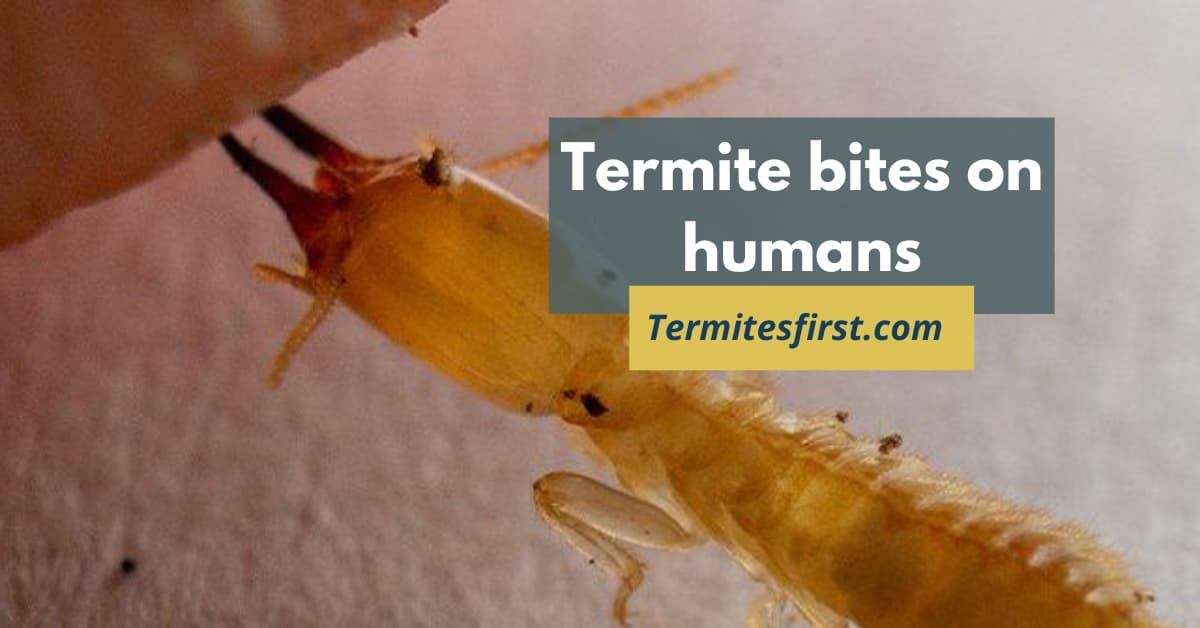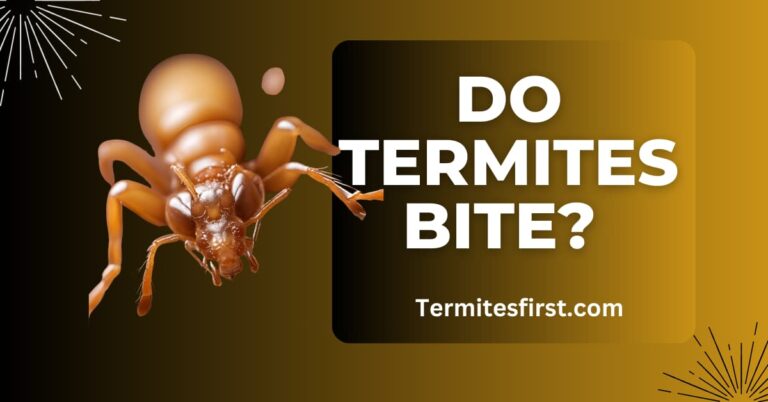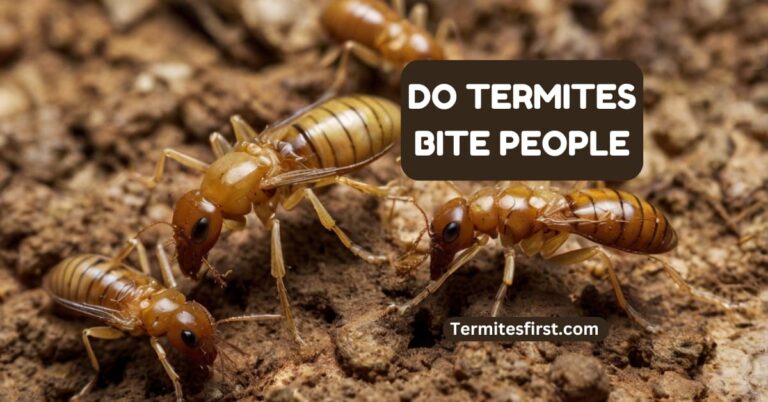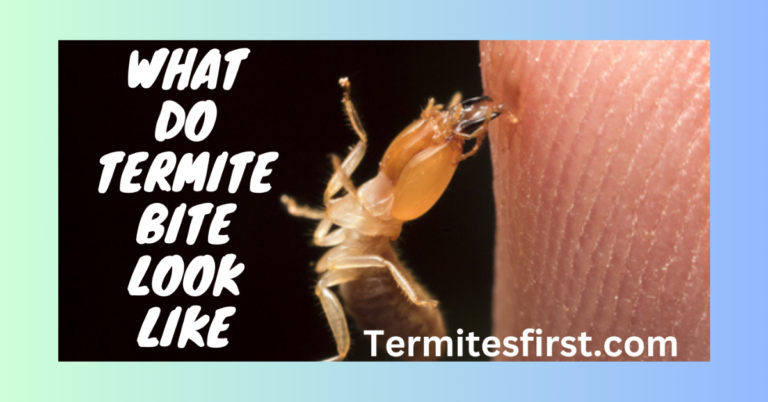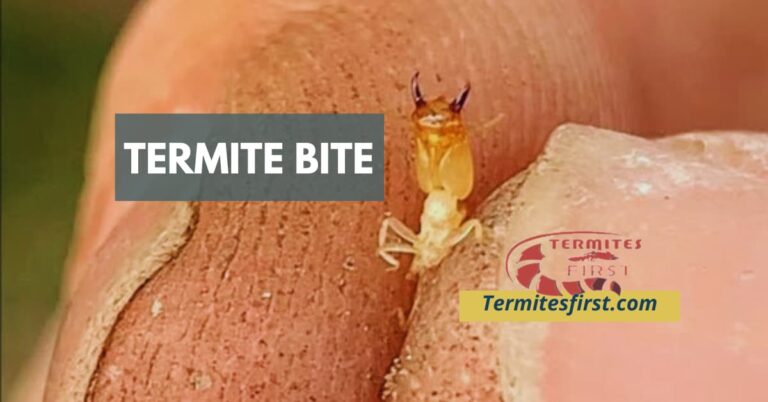Termite Bites on Humans: Risks and Prevention Explained
Did you know that certain termites and other biting insects, like winged termites or flying termites, cause bites on humans that are rarer than you might think? However, when unchecked termite infestations do happen, the effects can be surprising, such as termite droppings and man experiencing termite bites. I’ve dug deep into this topic to uncover termite bbites on humans, along with termite droppings and signs of a termite infestation, really mean for us. Understanding termite behavior is crucial because it helps me know how to protect myself and my home from termite bites, man.
While termites usually feast on wood, man can experience irritation and discomfort from their bites. I want to share my findings on symptoms, treatment options, and prevention tips. This knowledge not only keeps me informed about termite prevention but also empowers others to handle potential encounters wisely. Let’s dive into the world of termites and learn how to stay safe together.
Key Takeaways
- Termites do not typically bite humans, but if they do, it can cause irritation and discomfort.
- Common symptoms of termite bites include itching, swelling, and redness; consult a doctor if severe reactions occur.
- To prevent termite infestations, regularly check your home for moisture and wood damage, as these attract termites.
- Seal cracks and crevices in your home to minimize entry points for termites and reduce the risk of bites.
- Regular pest control inspections can help identify potential termite problems before they escalate.
- Educate yourself about termite behavior to better understand how to protect your home and family from infestations.
Do Termites Bite People
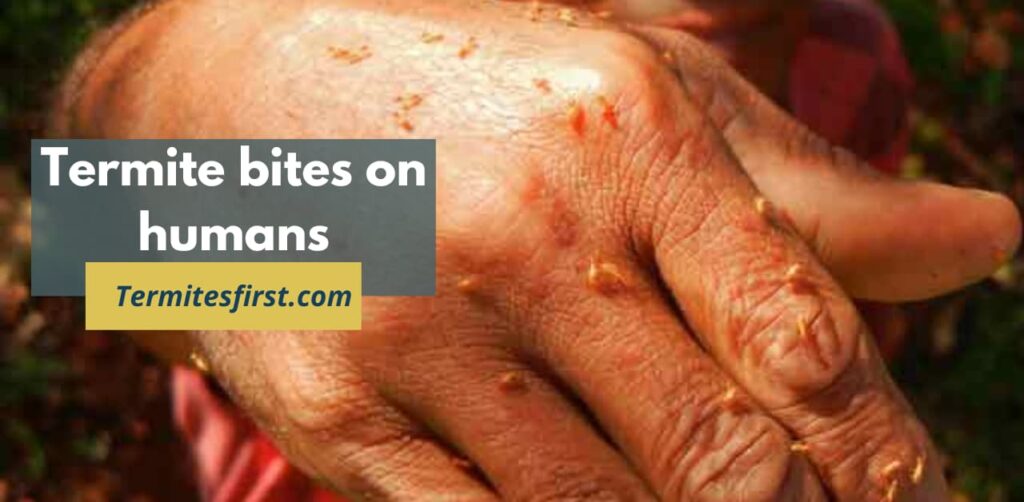
Understanding Termite Behavior
Termite colonies have a complex social structure. They consist of three main castes: workers, soldiers, and reproductive members for termite prevention. Workers build and maintain the nest. Soldiers protect the colony from threats. I find it fascinating how each caste has its specific duties.
Termites primarily live in wood and rarely come into contact with humans. Their diet consists mainly of cellulose found in wood and plant material. This means they do not seek out human interaction. Soldier termites are particularly defensive. They guard the colony against predators, but they do not target people unless provoked.
Circumstances for Human Bites
Human interaction with termites can lead to bites in certain situations. For example, if someone disturbs a termite nest, soldiers may bite in self-defense. Bites are most likely to occur when termites feel threatened or provoked. I remember reading about a homeowner who accidentally disturbed a nest while renovating their house.
Human bites from termites are extremely rare and usually non-threatening. Most people will never experience a termite bite in their lifetime. If a bite does occur, it often results in minor irritation rather than serious harm.
Common Myths about Termites
Many believe that all termites are harmful to humans and their health. This is a common misconception. Most termites do not pose any direct threat to people. They focus on breaking down wood and organic matter instead.
Another myth is that termites are aggressive towards people. In reality, they prefer to avoid human contact whenever possible. Addressing the belief that termite bites cause severe medical issues is important as well. Generally, this is untrue; most bites result in minimal discomfort.
I’ve heard friends express fear of termites due to these myths. It’s essential to understand the facts rather than rely on unfounded fears.
Effects and Symptoms of Bites
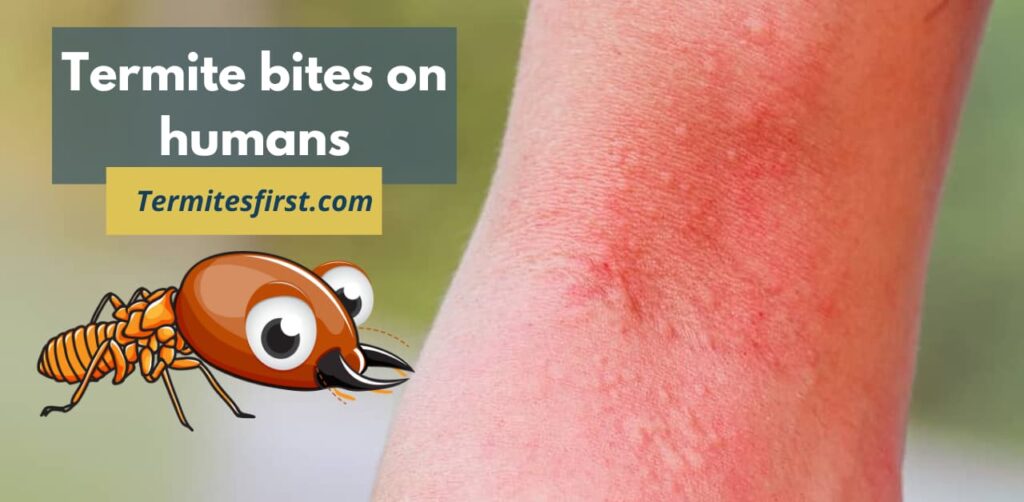
Identifying Bite Symptoms
A termite bite may appear as a small red bump on the skin. This bump can swell and cause mild pain. The redness often resembles that of more common insect bites, like mosquito or flea bites. However, termite bites usually do not have a distinct pattern. I remember getting bitten once and noticing the area was itchy but not excessively swollen.
Monitoring the bite area is important. Changes in size or color can help identify if it’s a termite bite or something else. Other insect bites might cause more severe reactions, such as blisters or intense itching. Keeping an eye on how the bite evolves can guide treatment decisions.
Health Risks to Consider
Allergic reactions to termite bites are rare but possible. Most people experience only minor symptoms. The health risks associated with termite bites are minimal compared to those from other insects like bees or wasps. These insects can cause serious allergic reactions that require immediate medical attention.
If unusual symptoms develop after a termite bite, seek medical advice promptly. Signs like excessive swelling, pain, or fever should not be ignored. I’ve learned to trust my instincts when it comes to my health. If something feels off, it’s best to consult a healthcare professional.
Long-term Effects on Health
Termite bites typically do not result in long-term health issues. Most symptoms resolve quickly without any lasting effects. In my experience, I found that after a day or two, the bite felt normal again without any complications.
The temporary nature of these symptoms means they rarely interfere with daily life. Awareness of your body is essential after any insect bite. It helps ensure you catch any potential problems early on. Maintaining good hygiene can also prevent infections at the bite site.
Preventing Termite Infestations
Signs of Termite Activity
Termites can cause significant damage if left unchecked. Physical signs of their presence include discarded wings and mud tubes. Discarded wings often appear after swarming season, which typically occurs in spring. Mud tubes are small tunnels made from soil and saliva that termites use to travel. Recognizing these signs early is crucial for effective termite prevention.
I always check for these indicators around my home. Regular inspections of wooden structures can help identify termite damage before it worsens. I recommend inspecting areas like basements, attics, and around foundations. Early detection can save homeowners a lot of money and stress.
How to Avoid Infestations
Proper storage of wood and cellulose materials is essential. Keep these items at least 20 feet away from the home. This distance reduces the chance of attracting termites. Sealing cracks and crevices in the home also helps deter termite entry. Use caulk or foam sealant to close gaps around windows, doors, and pipes.
Maintaining dry conditions around the property is vital. Termites thrive in moist environments. Ensure gutters direct water away from the foundation. I’ve found that fixing leaks promptly makes a big difference in keeping termites at bay.
Importance of Early Detection
Identifying termite activity early has many benefits. It prevents escalation into a larger infestation, which can be costly to manage. Homeowners should conduct routine checks for signs of termites. I suggest setting reminders every few months to inspect your property.
Addressing termite issues early on is cost-effective. The longer you wait, the more damage they can cause to your home. Repairing structural damage can lead to expensive renovations. By staying vigilant, homeowners can avoid these unnecessary costs.
Minimizing Risk of Bites
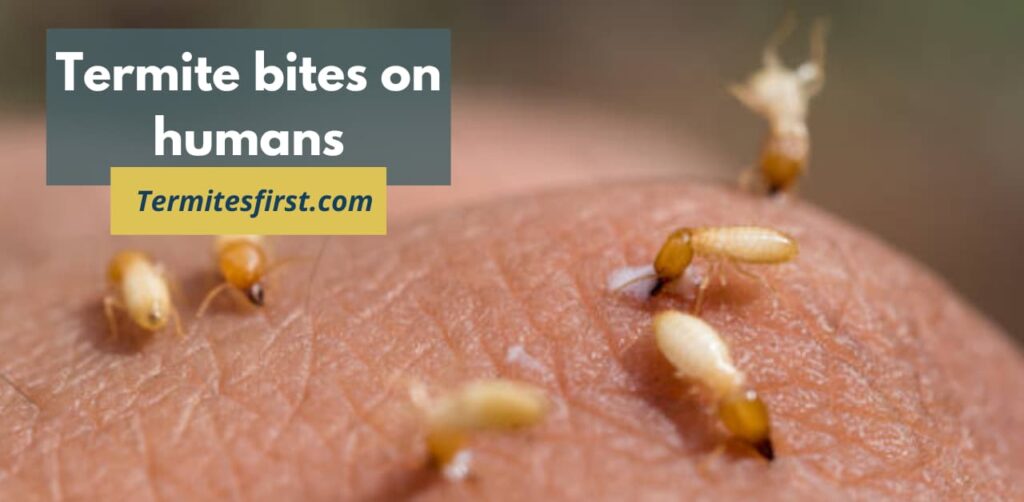
Protecting Yourself Effectively
Using protective gear is essential when dealing with wood or areas suspected of termite activity. I always wear gloves and long sleeves to reduce the chance of bites. Termites have strong jaws and can use their mandibles to bite if disturbed. Consulting pest control professionals is a smart move. They can provide preventive measures and treatments tailored to your needs.
Educating oneself about termites and their behaviors is vital. Understanding how they live helps in avoiding encounters. For example, I learned that termites are more active in warm weather. This knowledge helps me prepare during peak seasons.
Reducing Risk at Home
Keeping gutters clean is crucial for minimizing moisture around your home. Proper drainage prevents standing water, which attracts termites. I make it a habit to check my gutters regularly. Regular maintenance of wooden structures also plays a significant role in prevention. Inspecting for decay stops termites from finding food sources.
Using termite-resistant materials in construction and repairs is wise. These materials can significantly reduce the likelihood of infestations. I chose pressure-treated wood for my deck to help keep termites away. Such choices make a difference in protecting your home.
Environmental Factors to Manage
Humidity and moisture levels greatly influence termite attraction. High humidity creates an ideal environment for these pests. I monitor indoor humidity levels to ensure they remain low, especially during summer months.
Landscaping practices can also minimize soil contact with wooden structures. Keeping mulch away from the foundation reduces risks. I’ve found that maintaining a well-ventilated environment deters pests effectively. Good airflow helps keep moisture levels down.
Conclusion:-
I’ve covered the critical aspects of termite bites on humans. Termites don’t typically bite people, but if they’re feeling threatened, it can happen. The effects can range from mild irritation to more serious symptoms. Preventing infestations is key to minimizing risks. I’ve shared effective strategies to keep these pests at bay.
Stay vigilant and proactive in your home maintenance. Regular checks and preventive measures can save you from unwanted surprises. If you suspect a termite issue, don’t hesitate to reach out to a professional. Your safety and comfort come first. Let’s keep our spaces pest-free!
FAQs:-
No, termites do not bite humans. They primarily feed on wood and cellulose materials. Their mouthparts are adapted for chewing wood, not for biting human skin.
Since termites do not bite humans, there are no symptoms associated with termite bites. Any irritation or rash may be due to other insects or allergens.
While termites don’t bite, they can cause significant property damage by destroying wooden structures. This can lead to costly repairs and safety hazards in homes.
To prevent termite infestations, keep wood away from soil, seal cracks in foundations, and ensure proper drainage around your home. Regular inspections by a pest control professional can also help.
Natural remedies include using nematodes or diatomaceous earth to target termites. However, professional treatment is often more effective for severe infestations.
Minimize risk by maintaining a dry environment, removing wood debris, and storing firewood away from your home. Regular inspections can catch potential issues early.
Yes, it’s advisable to contact a pest control expert if you suspect a termite problem. They have the tools and expertise to assess and treat infestations effectively.

